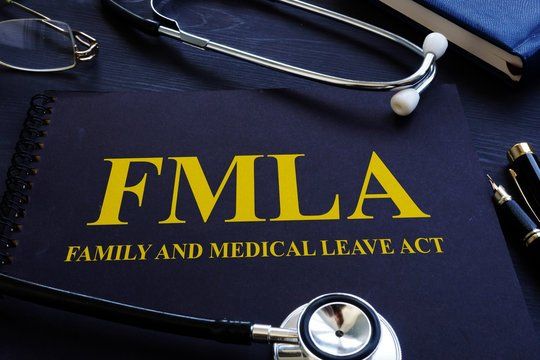September 25, 2025
Starbucks is facing a new wave of litigation, in this instance over its workplace dress code. Employees in California, Colorado, and Illinois allege that the Company’s updated policy forced them to purchase clothing items out-of-pocket without reimbursement, raising questions about employer obligations under state expense reimbursement laws. The Lawsuits On September 17, 2025, employees in Illinois and Colorado filed class-action lawsuits, while workers in California submitted complaints to the State’s Labor and Workforce Development Agency. If the Agency declines to act, those workers intend to pursue their own civil claims. The lawsuits are backed by the union organizing Starbucks workers, and plaintiffs argue that requiring employees to buy specific uniform items without full reimbursement violates the states’ statutes. Under laws in California, Colorado, and Illinois, employers must cover necessary business expenses, which can include uniforms or clothing mandated by a dress code. What the Dress Code Requires The revised policy, implemented in May 2025, requires employees to wear a solid black shirt (short or long sleeves, but not sleeveless or midriff-bearing) underneath their signature green apron. Pants must be khaki, black, or denim, and shoes must be in muted tones such as black, gray, navy, brown, tan, or white. The policy also forbids “theatrical makeup” and visible face tattoos, prohibits nail polish and tongue piercings, and limits workers to one (1) facial piercing. In an effort to offset the change, Starbucks provided two shirts free of charge to each employee. Workers contend this was not enough, since multiple additional items were required to comply with the policy. Court documents show that some employees who failed to follow the dress code were subject to verbal warnings or sent home before starting their shifts. Worker Claims One plaintiff, Shay Mannik, a shift supervisor in Colorado, reported purchasing four black T-shirts, compliant shoes, and jeans to meet the dress code requirements. Despite these costs, Mannik claims they were never reimbursed. “It’s unfair that a billion-dollar company puts this burden on workers already struggling with unpredictable hours and understaffed stores,” Mannik stated through attorneys. Starbucks’ Response Starbucks defended the policy as a way to “deliver a more consistent coffeehouse experience to our customers and provide our partners with simpler and clearer dress code guidance.” The Company emphasized that it issued two free shirts to employees to prepare for the change. Key Considerations for Employers The Starbucks litigation underscores several important lessons for businesses: Uniform Policies May Trigger Reimbursement Duties. Even when employers provide some clothing, state laws may still require reimbursement if employees must make additional purchases. State Laws Differ. California, Colorado, and Illinois all impose expense reimbursement obligations, but requirements vary, and enforcement can be aggressive. Here in Massachusetts, an employer does not need to pay for or reimburse an employee for general clothing, such as khakis, a black shirt, and black shoes, since these are ordinary items that can be worn outside of work. If the employer requires a specific style, brand, or logo (making the clothing a true uniform) then the employer must provide or reimburse for it and cover the cost of maintenance if special cleaning is needed. The only exception for ordinary clothing is if the cost would reduce the employee’s pay below minimum wage. Policy Rollouts Should Weigh Legal Risks. Employers introducing or revising appearance standards should carefully evaluate potential compliance costs, both financial and reputational. Takeaway The lawsuits against Starbucks will test the boundaries of state reimbursement laws and may influence how courts interpret employer obligations regarding dress codes. For companies, this case highlights the need to review policies proactively and ensure expense reimbursement practices comply with applicable state requirements. At The Royal Law Firm, we advise businesses on preventive compliance and represent employers when disputes arise. Our team’s focus on business defense ensures that policies are both operationally effective and legally sound. The Royal Law Firm LLP is a woman-owned, women-managed corporate law firm certified as a women’s business enterprise with the Massachusetts Supplier Diversity Office, the National Assoc. of Minority and Women Owned Law Firms, and the Women’s Business Enterprise National Council. If your business has any questions on this topic or any other matters, please do not hesitate to contact the attorneys at The Royal Law Firm at 413-586-2288.









